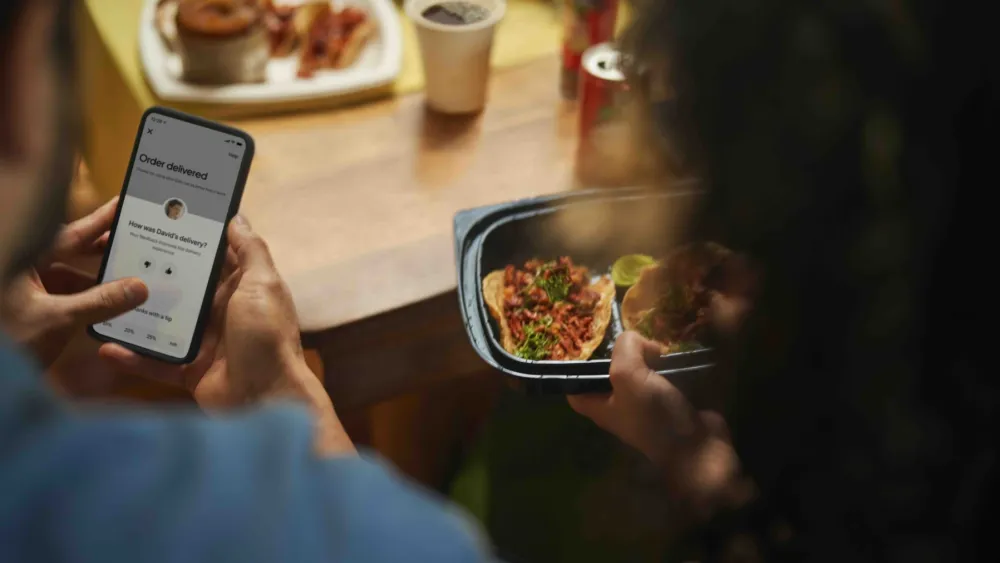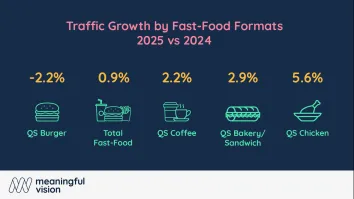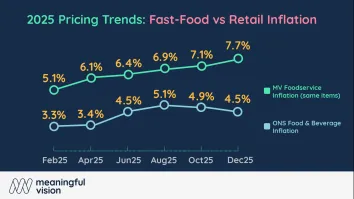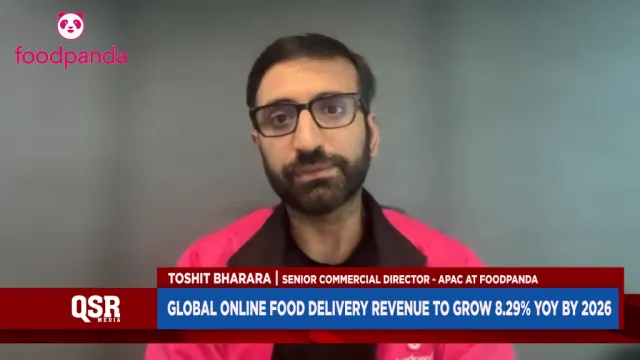Quality Control: The Blueprint for Brand Consistency
By Kari HensienThe 2016 film, The Founder depicted the story of the McDonald's franchise, when struggling Prince Castle salesman Ray Kroc, who is played by Michael Keaton, travels to San Bernardino in California to meet Dick and Mac McDonald at their eponymous restaurant.
In one memorable scene, Kroc discovers that a McDonald's franchisee has taken it upon himself to add fried chicken to the menu, clashing with the standardised offerings he sought to enforce. This moment highlights the challenges of maintaining uniformity across a restaurant network, something critical for the success of any restaurant brand—the brand promise must be the same in every outlet.
As many know, in the story of McDonald’s, Kroc’s vision extended beyond merely selling burgers and fries—he aspired to deliver the same high-quality experience at every McDonald’s location across the United States. This uniformity is essential for restaurant chain dominance and is the foundation for success—franchise or not.
It’s critical to set customer expectations through your brand promise and to ensure they are met throughout the restaurant chain. These principles can be embedded into your operations in various ways.
Clear expectations that are consistently communicated ensure franchisees and restaurant managers have a thorough understanding of their responsibilities and the standards they must uphold. This can be achieved through regular communication, such as town hall meetings, newsletters, and updates to the franchise operations manual.
A ‘playbook’ is a document that outlines an organisation’s strategies, processes, and practices. It serves as a dynamic roadmap for business operations, ensuring consistency and efficiency while aligning with the brand’s goals and values. The playbook encompasses vision statements, core values, roles, responsibilities, and – most crucially – operational processes. It provides a detailed guide to daily operations and routine activities critical to the business.
Regularly updating and referencing the company playbook ensures that management and staff have a guiding source of truth – a company bible, so to speak – to direct them.
Quality control inspections
More franchisors are now augmenting their franchise visits by having their franchisees conduct self-appraisals on how things are tracked at the unit level. Franchisees look to the standards in the playbook and keep score on how they are going. Combining this with unexpected and unannounced visitations from the franchisor means franchisors can check the standards being adhered to and track that adherence to the playbook against what they see and taste on their visits.
Franchisors can conduct these assessments independently or with services offered by companies. Digital tools and platforms can significantly aid in monitoring operational metrics, such as sales performance indicators and customer feedback via Net Promoter Score (NPS) or other customer experience tools. Compliance checklists enable timely interventions when standards aren’t met, transforming good performers into great ones.
Data - the key ingredient
Operational silos often limit franchisors' access to valuable insights within their organisation. By harnessing data-driven insights, franchisors can tailor strategies to local market conditions. Aggregated data on sales, product quality, customer satisfaction, and operational efficiency enables performance benchmarking and informed decision-making, enhancing system-wide performance.
Data can also show other areas of brand consistency such as order accuracy rate; is that "no onions" request being honoured consistently? High accuracy rates ensure customer orders are correct, building trust and satisfaction. Also average service time - is your ‘fast food’ living up to its name across all locations? Monitoring service time helps ensure quick and efficient service, a key component of customer satisfaction.
Visiting franchise locations takes a lot of time, and often, locations are interstate, so travel distances are long, meaning the frequency of visits is low; relying on this alone to bring any lasting change would be wrong. Technology solutions such as automated operational playbooks allow for follow-up and drive continuous improvement in a far more efficient way.
Breaking down operational silos and embracing a data-driven approach can revolutionise operations and strategic planning, evolving your system into a model of brand consistency.
In the competitive world of QSRs, consistency isn't just about maintaining standards – it's about creating a recipe for long-term success. When customers know they can count on a great experience every time, whether they’re in Tasmania or Townsville, they're more likely to keep coming back for more.
By blending the timeless principles of brand consistency with the power of modern data analytics, QSRs can ensure that their brand promise is as consistent as the golden colour of perfectly cooked fries.
As Ray Kroc might say if he were around today, "Inspect what you expect”, but let data be your guide. Your customers, and your bottom line, will thank you.


























